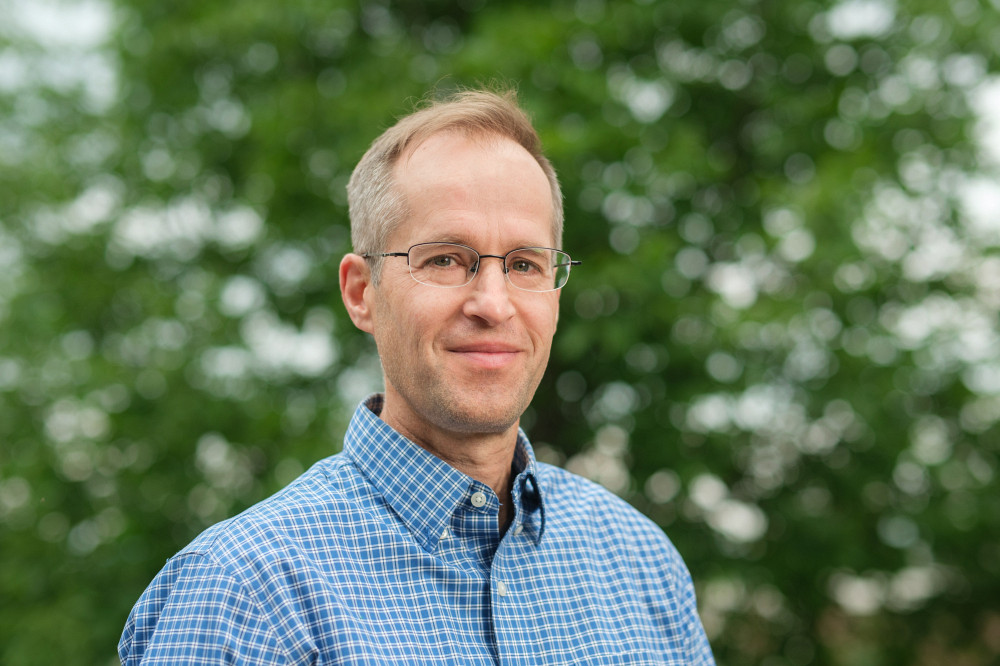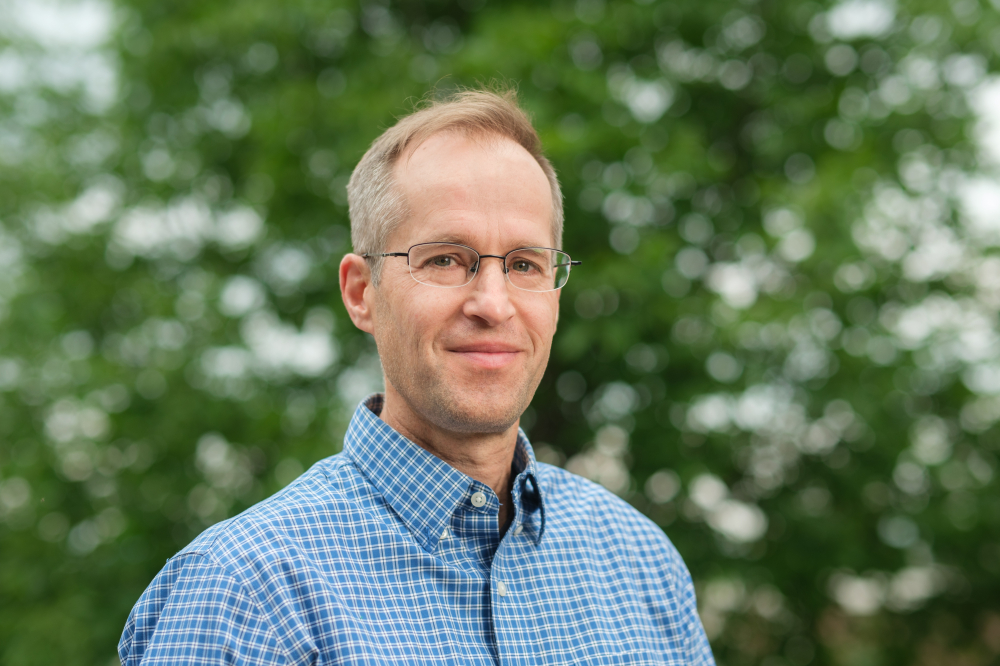
Photo: UdeS Michel Caron
Professor Mark Vellend, from the Department of Biology, joins the ranks of the prestigious Royal Society of Canada (RSC).
The Academies of Arts, Letters and Humanities, Social Sciences and Sciences appointed 101 new members from various disciplines and professions. All awardees were chosen by their colleagues in recognition of their academic, scientific or artistic achievements.
This recognition is a real honor. I think it highlights the importance of not being afraid to challenge existing scientific paradigms, in this case regarding biodiversity and ecological communities.
Mark Vellend, professor in the Department of Biology
Mark Vellend’s work has changed the way of thinking in researching the processes underlying ecological communities, as well as in researching the disturbance of biodiversity associated with human activity. His empirical studies revealed the surprising result that biodiversity does not necessarily decline at all spatial scales, prompting researchers in the field to focus on the “change” of biodiversity rather than just its loss.
Although the loss of biodiversity at the global level is very evident, at the park or field level, local biodiversity can be maintained or even increased. This must be taken into account when studying ecosystems.
Professor Mark Welland
Professor Mark Welland
A professor at the University of Sherbrooke since 2011, Mark Vellend is a plant ecologist working at the border of ecology and evolutionary biology. Mark Vellend received the 2016 EWR Steacie Fellowship, one of the most prestigious honors in science and engineering in Canada. He is also the winner of a Award for a young researcher awarded by the American Society of Natural History and The WS Cooper Award awarded by the Ecological Society of America.
About the Royal Society of Canada
Founded in 1882, the Royal Society of Canada (RSC) includes the Academy of Arts, Letters and Humanities, the Academy of Social Sciences and the Academy of Sciences, as well as the College of New Researchers and Makers in the Arts and Sciences. The SRC recognizes excellence, advises governments and society at large, and promotes a culture of knowledge and innovation in Canada in partnership with other national academies around the world.

